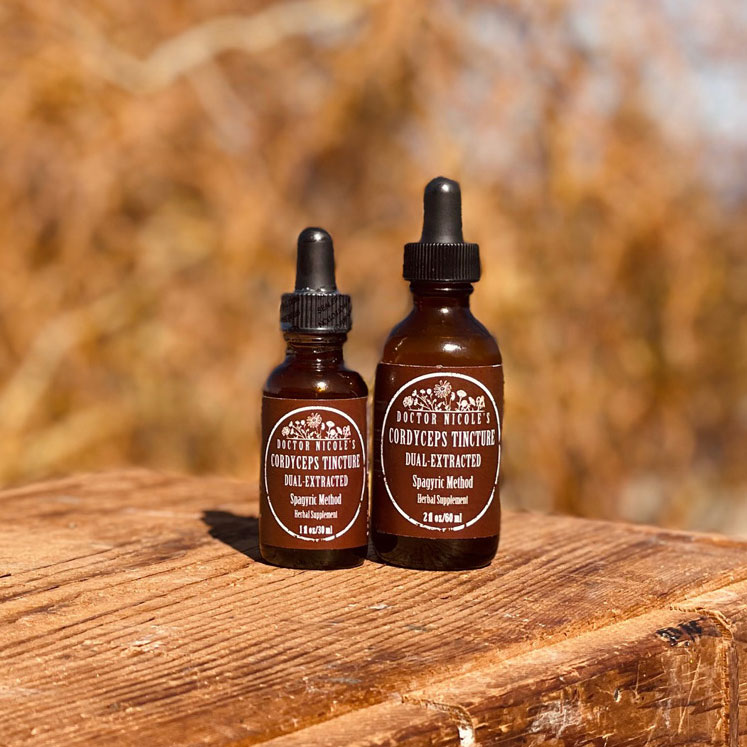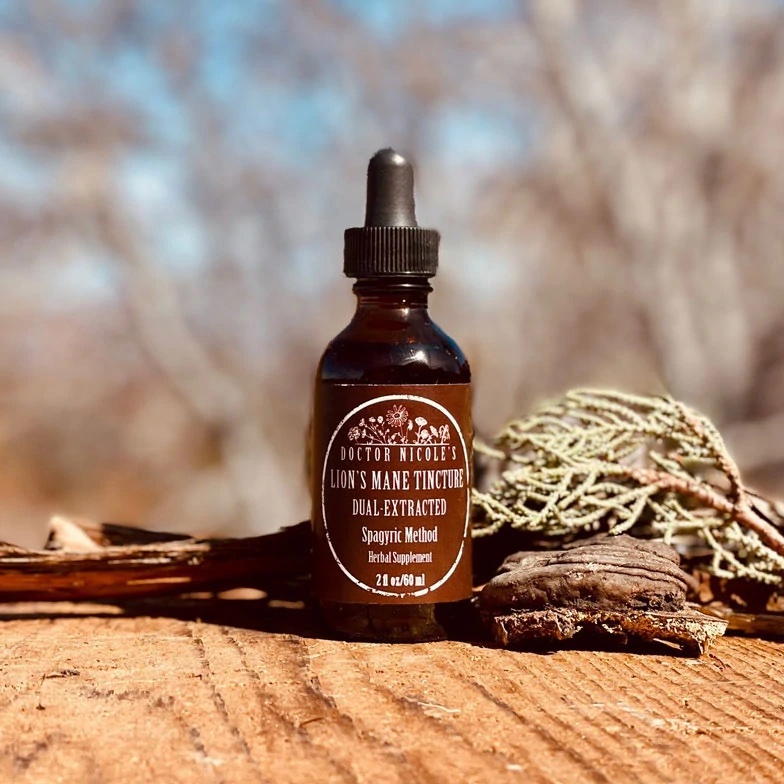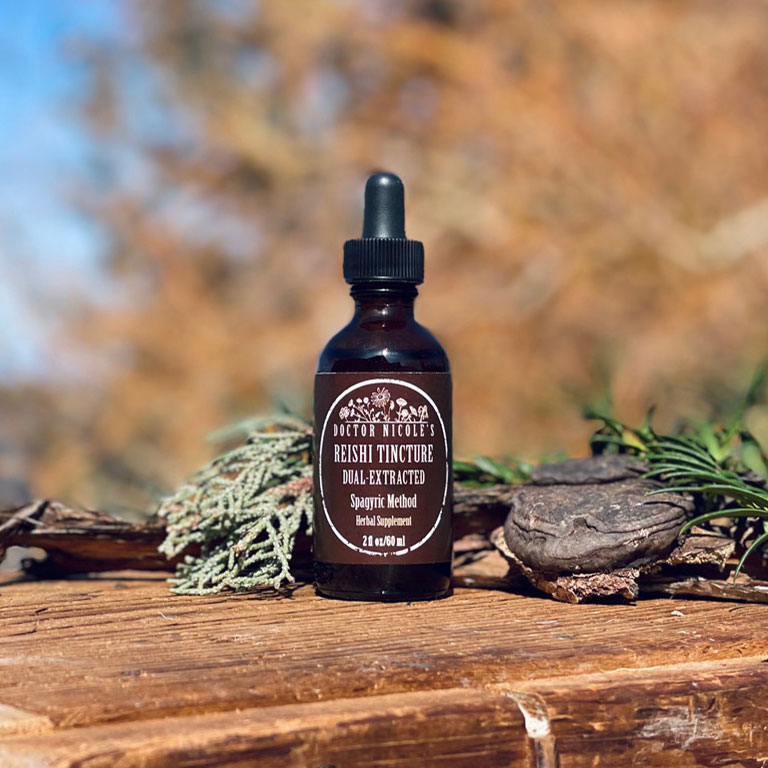Small But Important
The adrenal glands may be small, but they are powerful. When imbalanced, it can wreak havoc on your health. These glands sit atop your kidneys and pump out important hormones — including cortisol, aldosterone, and your sex hormones. When you suffer from Addison’s disease your adrenals don’t function properly. This in turn triggers a cascade of unpleasant symptoms. What you may not know is there are three different types: primary, secondary, and tertiary. Each has a different cause and treatment, which we will discuss later in this post.
Key Symptoms
Typically, Addison’s disease presents with the following symptoms:
- Weight loss or lack of appetite
- Muscle weakness
- Fatigue and exhaustion
- Hypoglycemia (low blood sugar levels)
- Fainting spells
- Nausea
- Low blood pressure
- Vomiting
You can also experience poor sleep; irritability, anxiety, or depression; and chronic lack of energy. If left untreated, it can lead to what’s called an Addisonian crisis, which is life-threatening. Symptoms include agitation, visual and auditory hallucinations, and delirium. Confusion, fear, restlessness, or loss of consciousness; sudden pain in the lower back, belly, or legs; or a high fever may be indicators of a medical emergency. It is crucial to seek medical help immediately if any of these symptoms arise in someone with the disease.
Causes
Addison’s disease has three classifications; each has their own cause and treatment focus.
Primary adrenal insufficiency is caused by an autoimmune reaction that severely damages the adrenals so they no longer are able to produce hormones. It can also develop from the long-term use of steroids, a chronic infection, tumors, and cancer, as well as the use of blood thinner medications.
Another form of Addison’s disease is secondary adrenal insufficiency. This type occurs when the pituitary gland in the brain isn’t producing a compound called adrenocorticotropic hormone (ACTH), which regulates hormone release by the adrenals. It can arise from the use of corticosteroids used to treat asthma; tumors; medications; traumatic brain injury; or genetic factors.
The third type is tertiary adrenal insufficiency, which is associated with the hypothalamus in the brain. This gland is responsible for sending corticotropin-releasing hormone (CRH) to the pituitary, which then stimulates the production of ACTH. It is most often caused by suddenly stopping the use of corticosteroids after long-term use.
Risk factors for developing Addison’s include:
- Surgical removal of any part of the adrenal glands
- Chronic infections
- Cancer
- The use of anticoagulants
- Autoimmune diseases such as type I diabetes or Graves’ disease

How does diet impact the course of the disease?
Since Addison’s disrupts your electrolyte balance, diet can play an important role in managing the disease. A nutrient-rich, whole-food diet is optimal. Focus on fruits, vegetables, whole grains, lean proteins, and healthy fats. See my post about the Green Mediterranean Diet for additional inspiration.
For those who are low in the hormone aldosterone, a high-sodium diet may be necessary as aldosterone is pivotal in regulating sodium and potassium in the body. When you aren’t making enough of the hormone, the body can lose sodium and lower blood pressure to dangerous levels. Just make sure to use a high-quality salt, such as Himalayan pink or unrefined sea salt (Celtic sea salt is outstanding).
While hydration is important for everyone, it is particularly so for those with Addison’s disease as there is a tendency to be prone to dehydration. Interestingly, glucose-rich foods may be helpful as well. A 2010 study established that people with the disease who ate foods high in glucose experienced relief from brain fog and physical fatigue.1
What to avoid: Caffeine, processed foods, grapefruit and grapefruit juice, and an exceedingly high-fiber diet should be avoided if you are being treated for Addison’s disease. Caffeine can aggravate symptoms of rapid heartbeat and nervousness, while grapefruit and high-fiber foods can interfere with some medications used for the disease. Processed foods are not recommended due to the poor quality salt used and substandard nutrient profile.
Natural Treatments
While it is often necessary to treat Addison’s disease with traditional medications, many of the same natural approaches used for HPA dysfunction (adrenal fatigue) can help to ease symptoms and support overall vitality.
Core supplements
- Methylated B-Vitamin Complex
- Magnesium
- Vitamin C
- Fish Oil
- Selenium
- Vitamin D
- Zinc
- Probiotics
Helpful herbal remedies
Ashwagandha (Withania somnifera): This potent adaptogen has been used for centuries in Ayurvedic medicine and is best known for its adaptogenic properties relating to stress-related hypertension. Ashwagandha root reduces the impact of stress, stabilizes hormones, improves thyroid function, and supports immune system function. It is also helpful for alleviating fatigue. Suggested dose: one to two dropperfuls of ashwagandha tincture up to three times daily.
Reishi (Ganoderma lucidum): Outstanding for autoimmunity, brain fog, hormonal imbalances, chronic stress, and more, reishi can dramatically improve the quality of life for those with Addison’s disease when taken regularly. Suggested dose: two dropperfuls dual-extracted reishi tincture 2-3 times a day.
Lion’s Mane (Hericium erinaceus): Well-known for its ability to calm inflammation and protect the neurological system from chronic or acute stress, lion’s mane is also helpful for autoimmune disorders like primary adrenal insufficiency. Suggested dose: two dropperfuls 2-3 times daily.
Cordyceps (Cordyceps spp.): Cordyceps mushroom improves circulation, balances blood sugar, increases energy, and boosts stamina. It is an excellent herbal remedy for chronic fatigue.
Suggested dose: two dropperfuls 1-2 times daily.
For a comprehensive adrenal fatigue protocol, including dietary, lifestyle, and natural remedy suggestions, please see The Holistic Guide to Wellness: Herbal Protocols for Common Ailments.
If you would like to give reishi, lion’s mane, and cordyceps medicinal mushrooms a try, powerful dual-extracted tinctures can be found in my apothecary, along with our Anxiety & Stress Blend containing ashwagandha extract. Learn more by visiting today!
Nicole Apelian
Nicole’s Apothecary Products in this Post
References
- Johanna Klement, Christian Hubold, Hannah Cords, Kerstin M. Oltmanns, Manfred Hallschmid, Jan Born, Hendrik Lehnert, Achim Peters, High-Calorie Glucose-Rich Food Attenuates Neuroglycopenic Symptoms in Patients with Addison’s Disease, The Journal of Clinical Endocrinology & Metabolism, Volume 95, Issue 2, 1 February 2010, Pages 522–528, https://doi.org/10.1210/jc.2009-1752









